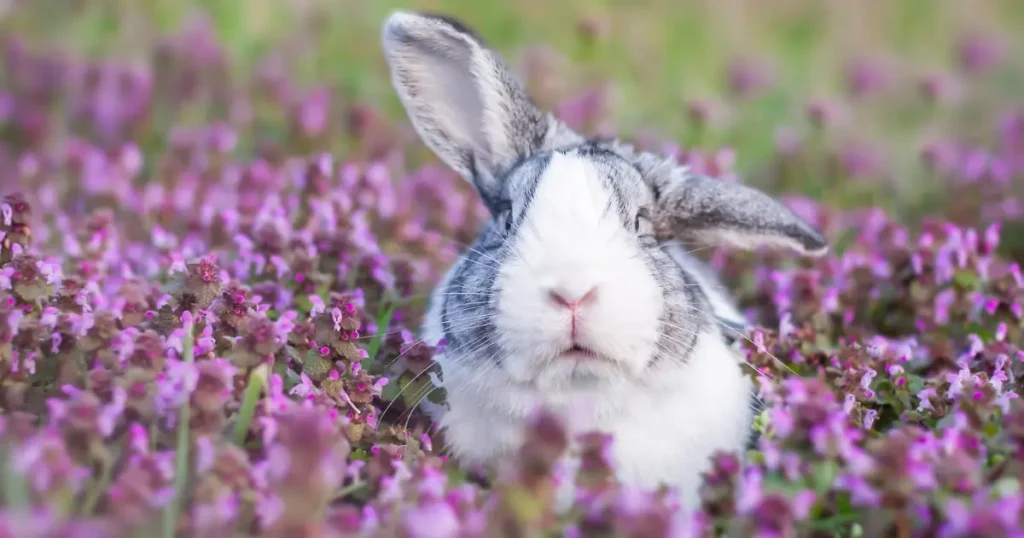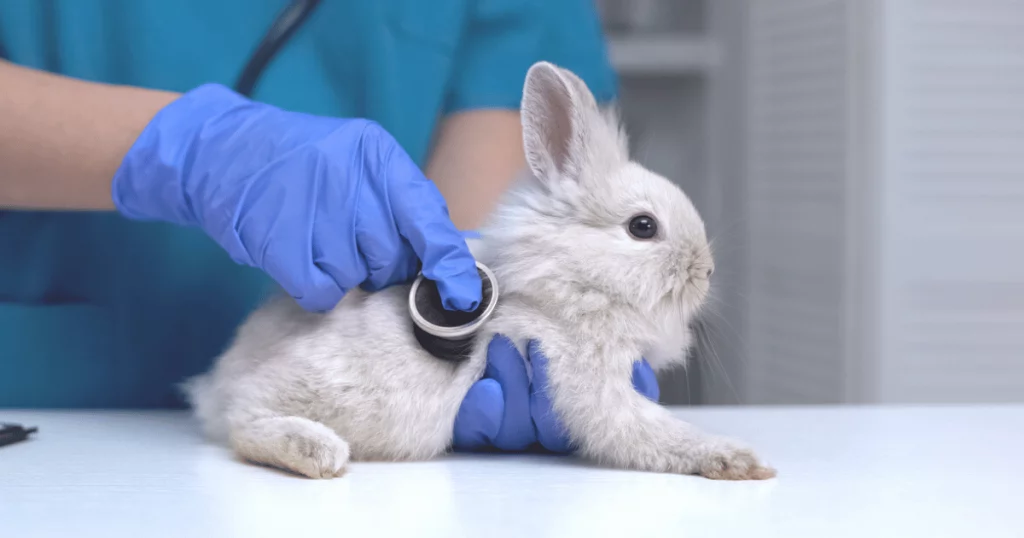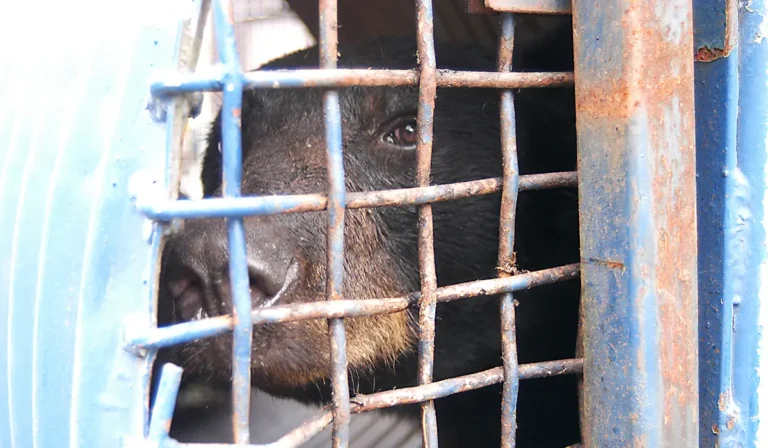
Photo by Kanashi / Getty Images
Releasing a bunny bought as a gift isn’t a good idea – and it can create far more harms than people may initially think.
Though it may shock animal lovers, it’s a common theme to humane societies, wildlife rehabilitators, and small animal/rabbit rescues: people grow tired of their pets or can’t afford them, and rather than rehome their rabbit companion, they’re released into the wild. These rabbits aren’t the same species as those native to Canada, and as such, disrupt ecosystems and lead to significant issues not just for the individual rabbits, but for other species, including people. Here’s how releasing rabbits can impact your community:
1 Competitors for resources. Domestic rabbit species will compete with native species for food, water, and shelter. This can put native rabbits and other species at a disadvantage and threaten their ability to thrive, affecting the entire ecosystem. Domestic rabbits are considered invasive species in ecosystems.
2 Overpopulation. Particularly in urban areas where resources for rabbits are high but predators species may not be as common, domestic rabbit species can breed like (you guessed it) rabbits and multiply quickly. This increases pressure on competition and resources, and leads to additional issues.
3 Management options. Municipalities and communities where rabbit populations have grown exponentially due to dumping are forced to manage the populations through limited means, including working with external groups to rescue/rehome domestic rabbits, or consider lethal methods that put all rabbits and other wildlife at risk of injury or death.

Photo by Motortion / Getty Images
If you want to give a gift that’s Easter-bunny themed but won’t put animals at risk of harm, consider:
- Donating to a small animal charity! There are many groups working to protect and rehome small domestic animals like rabbits. A donation to one in someone’s honour can be a beautiful gift that keeps giving.
- Volunteering! Between humane societies, wildlife rehabilitators, and small-animal rescues, there’s no shortage of places needing help. Give some of your time with a loved one to help animals directly this way.
- Chocolates or candies! A gift of rabbit-shaped or themed (and plant-based) chocolate or candy is another fun way to enjoy the season and provide joy without putting animals at risk.
If you are interested in adding a rabbit to your family, please look up a local rescue who can ensure you have the best possible information to give your new family member a great and long-lasting life!
